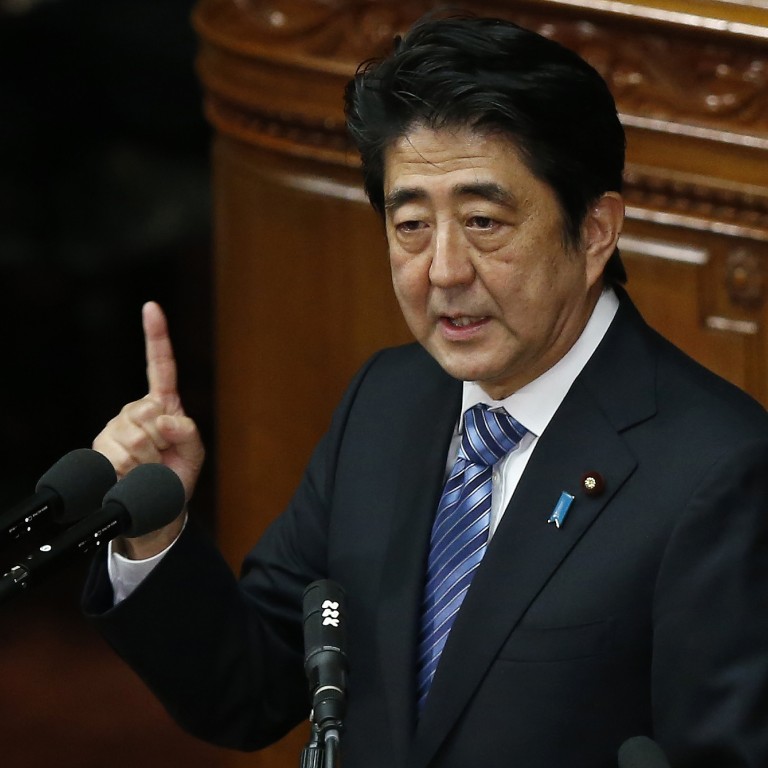
Japan’s Abe makes third offering to controversial war shrine
Japanese Prime Minister did not visit in person to avoid angering Asian victims
Japanese Prime Minister Shinzo Abe made his third ritual offering to the controversial Yasukuni Shrine for war dead, media reported on Thursday, but again did not visit in person to avoid angering Asian victims of Japan’s war-time aggression.
Visits by Japanese leaders to the shrine in central Tokyo have outraged China and South Korea, which suffered under Japanese occupation and colonisation in the 20th century, because war-time leaders convicted as war criminals by an Allied tribunal are honoured there along with Japan’s war dead.
Abe made the offering in the name of the prime minister to mark the shrine’s autumn festival, which runs until Sunday, Kyodo news agency reported, citing a shrine source.
It was the third time that Abe has sent an offering to the shrine since he returned to office after his December election victory. He has not visited the shrine in person because he wants to rebuild relationships with China and South Korea.
His previous offering was made in August.
Sino-Japanese ties have been troubled for months because of a sovereignty dispute over tiny islands in the East China Sea, known as the Senkaku in Japan and the Diaoyu in China.
Japan’s relations with South Korea have also cooled over a separate territorial dispute.
Abe, an outspoken nationalist, has said he regretted not visiting the shrine while he was prime minister in 2006-2007.
Two ministers from Abe’s cabinet are considering visiting the shrine during the autumn festival, Kyodo reported.
Sino-Japanese ties have been overshadowed for years by what Beijing says has been Tokyo’s refusal to admit to war-time atrocities committed by Japanese soldiers in China between 1931 and 1945. Memories of a brutal Japanese occupation also run deep in South Korea.
